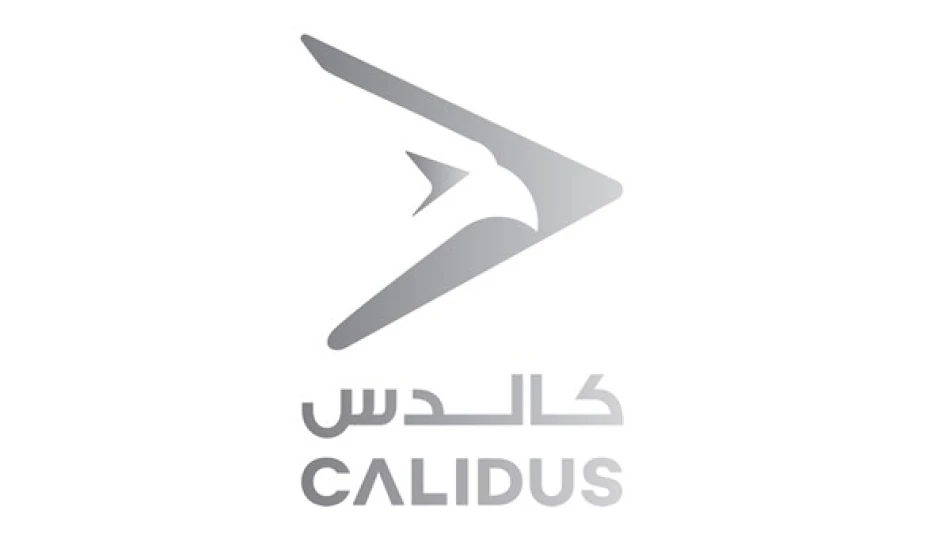
Emirati Kaleds Showcases Innovations at Istanbul's Flagship Defense Expo
UAE's Caldis Holdings Emerges as Regional Defense Powerhouse at Turkey's IDEF 2025
The UAE's Caldis Holdings concluded a landmark participation at Turkey's International Defense Industry Fair (IDEF 2025), signing strategic partnerships that signal the Emirates' accelerating transformation into a major defense technology exporter. The company's expanded presence at the Istanbul exhibition, held July 22-27, attracted high-level military officials and decision-makers from around the world, highlighting how the UAE is leveraging AI integration and domestic manufacturing to compete directly with established defense giants.
Strategic Partnerships Unlock New Markets
Caldis secured two pivotal agreements that demonstrate the UAE's sophisticated approach to defense industry development. The first, a memorandum of understanding with Turkey's Defense Industries Presidency (SSB), grants Caldis access to Turkey's EYDEP database—a gateway for qualified companies to integrate into Turkey's defense supply chains.
This partnership represents more than market access; it's strategic positioning. Turkey has emerged as a major defense exporter, particularly in drone technology and military systems, making this collaboration a pathway for UAE defense companies to tap into Turkish expertise while offering their own advanced solutions.
Satellite Communications Alliance
The second agreement with CTech, specializing in satellite communications and data links for defense and aerospace sectors, positions Caldis to develop next-generation air and ground defense systems. This partnership aligns with global military trends toward network-centric warfare, where real-time data sharing and satellite connectivity determine battlefield superiority.
UAE's Defense Industry Maturation Strategy
Caldis Holdings' expanded international presence reflects the UAE's broader defense industrialization strategy, orchestrated by the Defense Industrial Balance Council (TAWAZUN). Unlike traditional arms importers, the UAE is systematically building domestic capabilities while forming strategic alliances that transfer technology and expertise to Emirati facilities.
Dr. Khalifa Murad Al Balushi, CEO of Caldis Holdings, emphasized that all systems are designed, developed, and assembled within the company's UAE facilities using purely Emirati expertise. This approach mirrors successful defense industry models in countries like South Korea and Israel, where domestic innovation combined with strategic partnerships created globally competitive defense sectors.
AI Integration Sets Competitive Edge
The emphasis on artificial intelligence integration distinguishes UAE defense products in an increasingly crowded market. As traditional defense contractors like Lockheed Martin and BAE Systems race to incorporate AI into legacy systems, newer players like Caldis can design AI-native platforms from the ground up, potentially offering superior performance and lower costs.
This technological focus aligns with the UAE's National Strategy for Artificial Intelligence 2031, positioning defense applications as a key driver of broader AI development across the economy.
Regional Competition and Market Dynamics
The UAE's defense industry expansion occurs amid intensifying regional competition. Saudi Arabia's SAMI (Saudi Arabian Military Industries) and Turkey's growing defense exports create both competitive pressure and collaboration opportunities. The Caldis-Turkey partnership suggests UAE companies are choosing strategic cooperation over pure competition, leveraging complementary strengths.
For international buyers, particularly in Africa and Asia, UAE defense products offer an alternative to traditional Western or Russian systems. The combination of advanced technology, competitive pricing, and fewer political restrictions makes UAE defense exports increasingly attractive to emerging markets.
Investment Implications and Future Outlook
The defense industry's capital-intensive nature and long development cycles make these partnerships significant indicators of sustained UAE commitment to the sector. The focus on domestic manufacturing and technology transfer suggests the UAE is building capabilities for long-term strategic autonomy rather than short-term market gains.
For regional stability, the UAE's defense industry development represents a shift toward indigenous capabilities that could reduce dependence on external suppliers during geopolitical tensions. This strategic autonomy, combined with export potential, positions the UAE's defense sector as both an economic diversification tool and a geopolitical asset.
The success of companies like Caldis at international exhibitions demonstrates that the UAE's defense industry has moved beyond the initial development phase into genuine global competition, with the technological sophistication and strategic partnerships necessary to challenge established players in key markets.
Most Viewed News

 Layla Al Mansoori
Layla Al Mansoori






